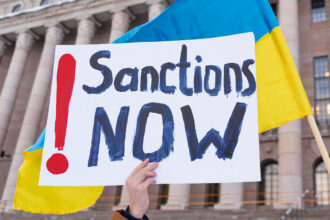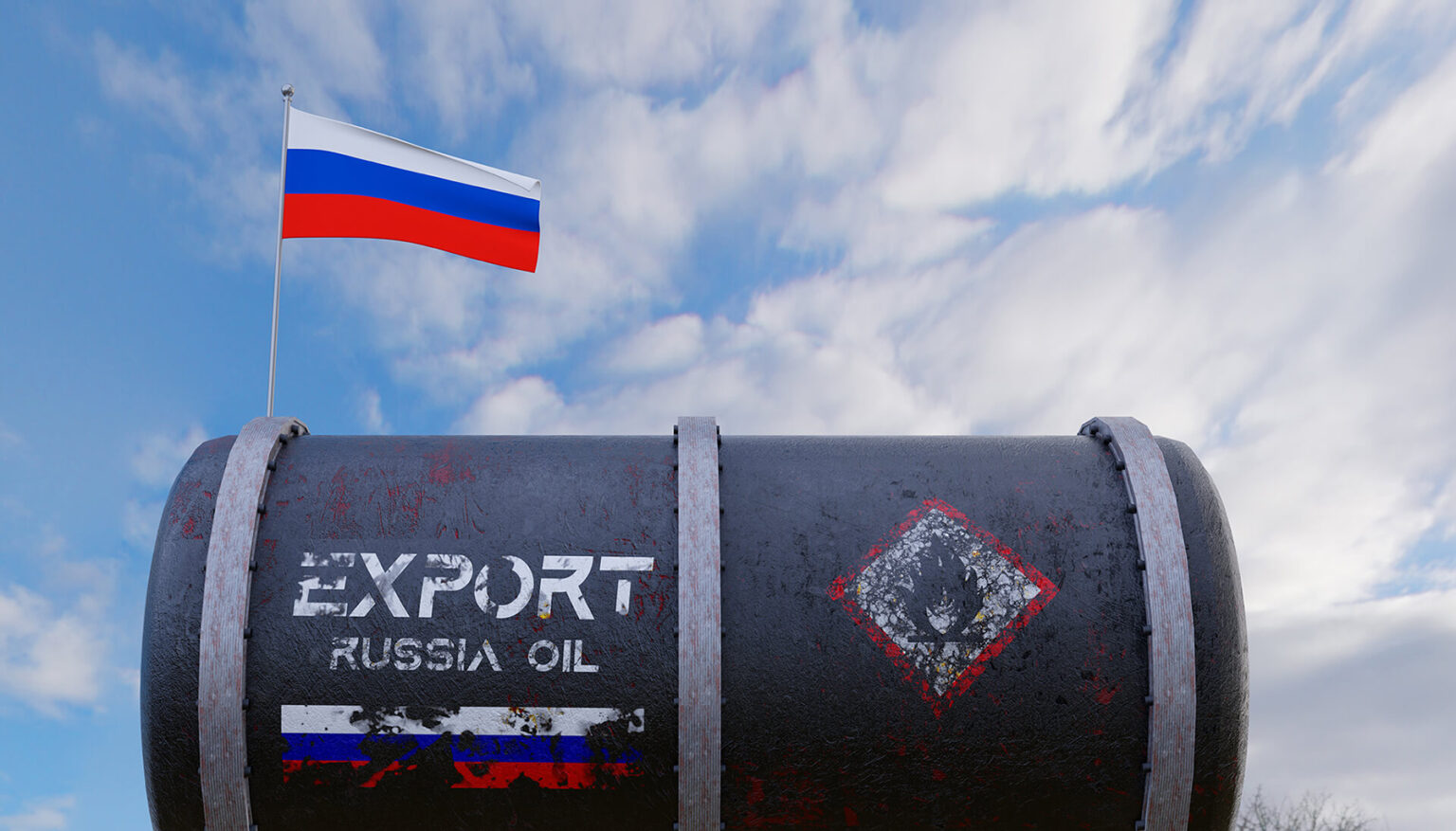Despite Western efforts at curbing Moscow’s oil revenue through sanctions, Russia continues to transport oil worldwide using a “shadow fleet” of aging tankers that operate outside international regulations and were detected spilling crude oil in the water.
POLITICO’s and SourceMaterial’s joint investigation has revealed that Russia’s sanctions-evading “shadow fleet” is causing oil spills around the world, posing serious environmental risks.
Western countries imposed sanctions against Russian oil after Russia’s full scale invasion of Ukraine in 2022. The goal was to reduce Moscow’s capacity to fund its war effort. These measures include price caps, bans on imports, and restrictions for maritime insurance and shipping. Russia has adapted and is now circumventing the sanctions through a clandestine “shadow fleet” network.
Satellite imagery and shipping data were used to identify at least nine instances where covert vessels spilled in international waters between 2021 and now. These tankers are often old and poorly maintained. They operate in defiance of Western sanctions against Russia after its invasion of Ukraine.
The ships are carrying oil from Russia into countries such as India, Thailand, Vietnam and Mexico. They help to fill up the Kremlin’s war chest, while potentially causing damage to the environment.
Two tankers pollute water in Scotland and Italy
In the investigation, the tanker Innova is cited as an example. It is alleged that the tanker left a 23-kilometer-long oil stain in March 2024 off the Scottish coast. The British coast guards spotted the oil stain, but did not do much to investigate. The ship continues to trade today.
A second instance occurred on 18 February when satellite imagery revealed that a 47-kilometer oil slick was located off the coast of Italy, coincident with the location where the Aruna Gulacay, a tanker from the shadow fleet, was located.
The Aruna Gulcay was registered in the Marshall Islands and was on its way from Ravenna (Italy) to Novorossiysk (Russia), having previously transported palm oils from Saudi Arabia to Italy. Italian authorities did no inspect the vessel and instead gathered information from nearby vessels.
“These ships were designed to [transport] sanctions oil… as inexpensively as possible. There is no regard for conventional maritime standards.” said a Lloyd’s List shipping analyst and expert on shadow fleets, Michelle Wiese Bockmann.
The investigation found that since 2022 the shadow fleet had more than tripled its size, and that around 80% (or more) of Moscow’s crude oil is now transported by vessels not under Western control.
The Centre for Research on Energy and Clean Air, CREA, estimates that the shadow fleet has transported EUR80 billion in crude oil since the G7 price cap was imposed two years ago.
Oil spills are a threat to the environment
Maria Malmer Stenergard, Swedish Foreign Minister, told POLITICO these vessels are a “significant threat” to the marine environment. Experts warn of a “ticking bomb” situation, with the potential for major catastrophe.
These risks are exacerbated by the fact many of these vessels lack insurance and are often not monitored internationally. In the event of a spill, this leaves coastal countries at risk of costly cleanups.
Satellite images alone can’t conclusively identify this substance as oil. However, these visible trails often result from the release of “slops”, a mixture of oil and water which accumulates on ships during normal operations.
Stepan Boitsov, a marine pollution expert, warned that these spills could pose a “very serious problem” to local wildlife. They could also make shellfish and other products toxic.
Sanctions against Russia can help
Some European diplomats have called for stronger action in response to these findings. Unidentified EU diplomats suggested that ships such as the Innova and Aruna Gulcay would be “strong candidates” in the next round of EU sanction against Russia.
While the EU and UK took some steps to address this issue, both entities have banned suspect tankers from entering their ports or using their services. They should also ban the sales of tankers to nations that aid Russia’s trade, and impose automatic sanction on vessels that pass through EU waters without verification insurance.
Read More @ euromaidanpress.com




